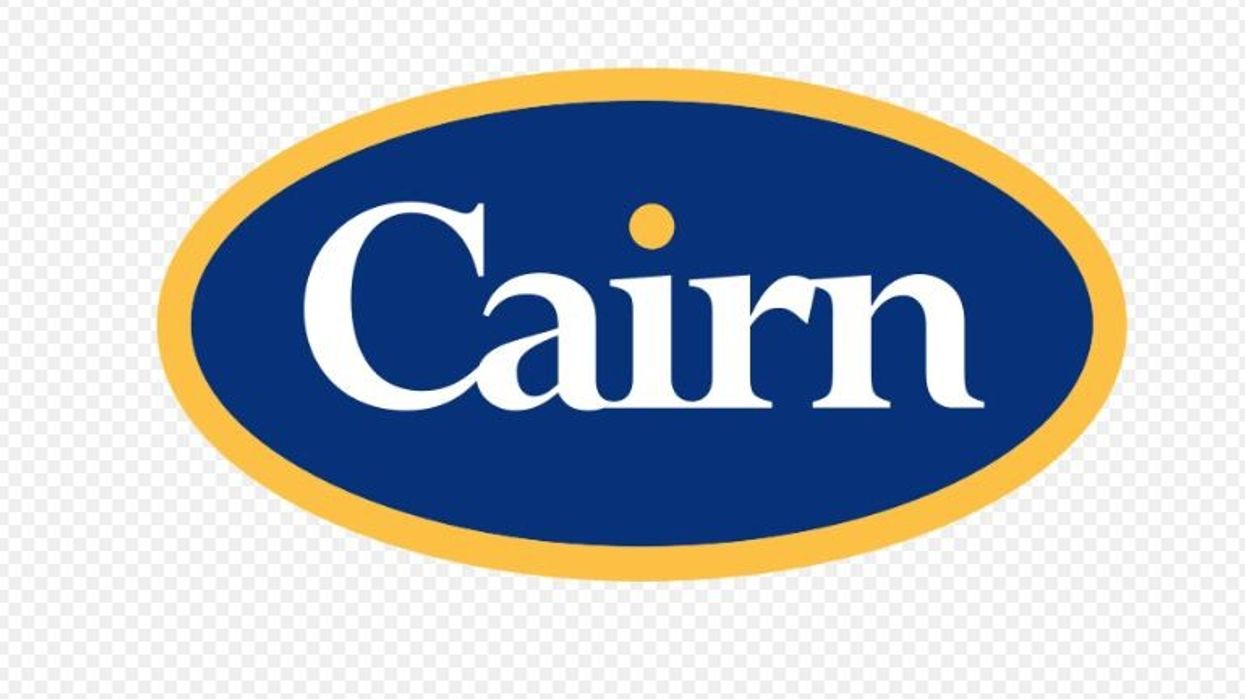BRITAIN's Cairn Energy has filed cases against the Indian government in the UK and the Netherlands courts to get $1.4 billion it had won in a tax dispute against the country.
The company filed a petition in a Washington DC federal court on February 12. It also plans to move a Canadian court soon, reported PTI.
In a petition, Cairn Energy and its UK holding company sought the US district court for the district of Columbia to recognise and confirm the December 21 award by a three-member tribunal at the Permanent Court of Arbitration at The Hague.
According to reports, no enforcement action is planned for now and the company is waiting for a formal response from the Indian government on honouring the award.
The shareholders of Cairn including BlackRock, Fidelity, Franklin Templeton, Schroders and Aviva have forced the company to take action to recover the amount, after waiting for seven years for resolution of the tax issue.
Registration of an arbitration award is the first step before any entity can file a petition in court for seizure of any asset to recover the amounts awarded.
Cairn chief executive Simon Thomson has sought a meeting with finance minister Nirmala Sitharaman this week to discuss the arbitration award.
It is reported that finance secretary Ajay Bhushan Pandey is likely to meet him.
Last month, the Edinburg-based firm had written to the government saying it would be forced to seize Indian government assets if New Delhi fails to pay $1.4bn after losing a dispute over retrospective taxes.
An international tribunal had in December unanimously ruled that India violated its obligations under the UK-India Bilateral Investment Treaty in 2014, when the income tax department slapped a $1.4bn tax assessment using legislation that gave it powers to levy taxes retrospectively.
The tax department also seized Cairn's residual 10 per cent stake in Cairn India.
In a ruling, the tribunal ordered New Delhi to pay $1.2bn in damages, plus interest and costs, to compensate Cairn for the shares — long sold off by the tax department — as well as confiscated dividends and withheld tax refunds. This totals $1.4bn.
Cairn gave the country its biggest onland oil discovery in Rajasthan. It also developed the Ravva oil and gas field off the Andhra coast and smaller discoveries in Gujarat.
"The award can be enforced against Indian assets in numerous jurisdictions around the world for which the necessary preparations have been put in place," the company said in a letter to the Indian government.
Earlier this month, minister of state for finance Anurag Singh Thakur had told Lok Sabha that the Cairn arbitration award was 'under consideration of the government.'
In 2011, Cairn Energy sold Cairn India to mining billionaire Anil Agarwal's Vedanta Group, barring a minor stake of 9.8 per cent.
It wanted to sell the residual stake as well but was barred by the I-T department from doing so. The government also froze the payment of dividends by Cairn India to Cairn Energy.





